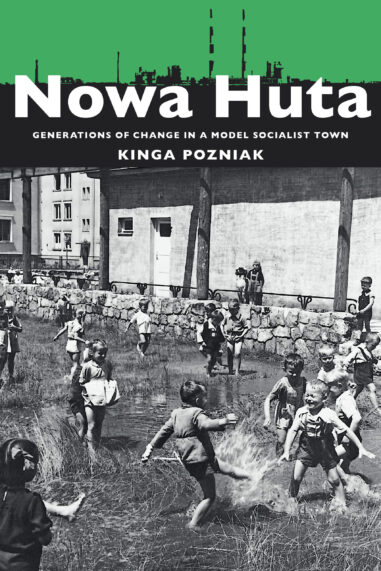
Paperback $55.00
Request Exam or Desk Copy. Request Review Copy
Nowa Huta
Generations of Change in a Model Socialist Town
The story of the building of model industrial towns in the Eastern Bloc, such as Nowa Huta, Magnitogorsk, and Stalinstadt, has been richly told. But what fate befell such places when the curtain fell on state socialism? . . . Pozniak takes us on an absorbing journey through present-day Nowa Huta, interviewing its inhabitants in what turns out to be a quest for a usable past. . . . Pozniak's fascinating study sheds light on the agency of common people in defining the meaning of their experiences, on the role of broader discourses in either reaffirming or marginalizing these stories, and on the political implications of this process. . . . This study will be of interest to historians, anthropologists, and sociologists working on state socialism and postsocialism.

